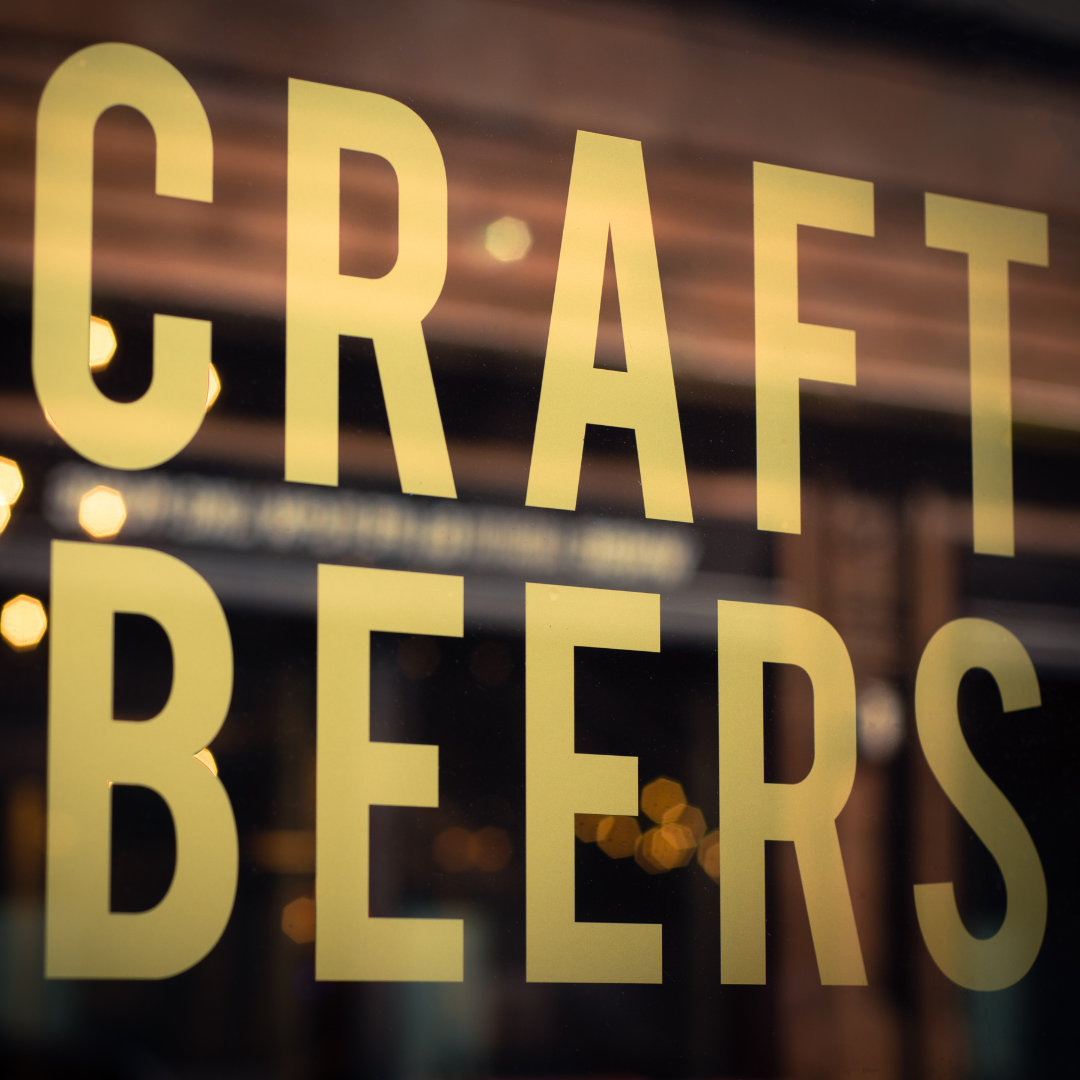While you are working through your ownership structure, bookkeeping practices, and insurance needs, you should also consider the laws, regulations, and permits that are unique to breweries. Navigating federal, state, and local laws is essential to creating a successful brewery. Understanding these rules will help you make sound business decisions that will sustain your brewery for the long haul.
Securities Laws – A brewery is a capital-intensive operation, and owners consider various ways to finance the business, including investments from other people, such as family, friends, or other companies. These investments or securities can include stocks, loans, or equity in the brewery. Every security offering needs to be legal, fair to all investors, and not put the brewery or owners at risk. When a security is made, it triggers securities laws. Every securities sale, whether public or private, must be either registered with the Securities and Exchange Commission (SEC) and the applicable state securities regulators, or it must be exempt from registration. Being out of compliance with security laws at the state and federal levels may result in penalties or fines.
We recently dug into the complexities of securities laws for breweries; you can read more about it here.
Permits, Licenses, and Taxes – Local, state, and federal governments regulate the brewery industry. There are numerous licenses and permits you must obtain. To establish your brewery as a business, you will need several commercial licenses, including:
- Business License
- Employee Identification Number (EIN)
- Brewer’s Notice
- Seller’s Permit
Before you can legally operate your brewery, the Alcohol and Tobacco Trade and Tax Bureau (TTB) needs to approve your brewery’s operations. You will need to apply for a Brewer's Notice and you may be required to secure a TTB bond. The TTB will review several aspects of your brewery and may include background checks on you, any additional owners, and/or management.
Adding a taproom or selling beer on-site will require a liquor license. As the state controls these licenses, it is essential to research your state’s alcohol laws to understand what license or licenses you need. Note that some municipalities and local governments have their own liquor licenses you will need in addition to your state liquor license.
Due to the Federal Food Safety Modernization Act put into law in 2011, breweries are now under the regulation of the U.S. Food and Drug Administration (FDA) and are subject to FDA approval and inspections. The permits, licenses, and approvals add up. Keep track of application dates or deadlines and any additional information to help you keep organized.
Navigating Labor Laws - As a brewery, like any business, is an employer. Complying with labor employment laws will minimize the resources you will ultimately need to dedicate to those issues. A human resources (HR) manager can help you with these laws and other staffing issues.
Occupational Safety and Health Administration (OSHA) Compliance:
OSHA standards help ensure the safety of all brewery employees. By following these standards and establishing training for your employees, you can avoid costly accidents and OSHA violations. Below are the most common areas of concern in a brewery.
- Permit-Required Confined Spaces
- General Duty Clause
- Process Safety Management of High Hazardous Chemicals
- Hazard Communication
- Lockout/Tagout (LOTO)
- Eye and Face Protection
Discrimination and Harassment:
- Employees who feel they face discrimination or harassment at work should first inform the HR manager or their direct manager. Then, if the harassment and/or discrimination continues or is not addressed, they can contact the Equal Employment Opportunity Commission (EEOC).
Wrongful Termination:
- In “employment-at-will” states, an employer may terminate employment at any time or for no reason. However, if the termination was unlawfully discriminatory, the employee can contact the state labor office for assistance.
Family and Medical Leave Act (FMLA):
- This federal law enables eligible employees an extended leave for illness (the employee or a sick family member), birth or adoption, or military caregiving related to active duty. Employees who believe their rights are violated under this Act can contact the Department of Labor’s Wage and Hour Division.
Fair Labor Standards:
- These standards cover minimum wage, overtime, and employment misclassification. Minimum wage covers nonexempt employees and may not protect tipped employees. Overtime is for employees who work more than 40 hours per week. There are exceptions to this rule.
Workers’ Compensation:
- If an employee is injured or becomes ill due to their work at the brewery, they are entitled to benefits under workers’ compensation laws. These benefits include medical expenses, lost wages, and benefits for family members if the employee dies from a work-related injury or illness.
Intellectual Property Laws - Intellectual property (IP) is an asset that exists in an intangible state. There are four main categories of IP:
- Trademarks: a way to identify the source of goods or services. A trademark can be a name, logo/design, color or pattern, and/or sound. The purpose of a trademark is to distinguish a company, product, or service from similar companies, products, or services. For breweries, trademarks could include the brewery’s name, individual beer names, slogans, or unique sounds used in advertising. A trademark only needs to be used to sell goods or services to be enforceable against others; registration is not required. However, registering with the United States Patent and Trademark Office (USPTO) provides much more robust protection.
- Copyrights: used to protect “original works of authorship.” The work must be sufficiently creative: a novel is protectable by copyright but a phone book or recipe is generally not. For breweries, your label art and even your logo may be protectable by copyright but the name of your brewery would not be (a name or phrase is generally not substantial enough to be considered a “work”). The instant a “work” is created, a copyright exists, even before the owner registers it with the U.S. Copyright Office or places a copyright mark on it. Like trademarks, though, registration provides more robust protection.
- Patents: protect new or “non-obvious” inventions or processes. The subject of the patent must be sufficiently described in an application; ideas alone are not patentable. Unlike trademarks and copyrights, patent protection can only be achieved through registration with the USPTO. After a patent is issued, the patent owner has exclusive rights to the invention for 20 years. Brewery-related patents have been issued for fermenting tanks, beer-tapping devices, tap handles, and even beer mugs.
- Trade secrets: protect valuable information that tends to provide the business with a competitive advantage. Examples of trade secrets are client lists, pricing, and raw material sourcing. No registry exists for trade secrets. Instead, they are protected through careful diligence in keeping a secret a secret. Trade secrets should be kept under lock and key with access limited to those employees who need to know. The business should have its employees and contractors who are afforded access to trade secrets sign a non-disclosure agreement (NDA).
- To protect yourself, your business, and your products or inventions, you need to know how to navigate the legal system regarding intellectual property, including protecting your social media accounts, by following the Alcoholic Beverage Control (ABC) and TTB regulations. If you have a special event and want to promote it on social media, collect signed releases when you take photos of guests.
Partnering with a beer law attorney allows you access to their industry expertise. In addition, a beer law attorney has resources to help you begin your brewery. They may have connections to consultants, CPAs, insurance brokers, real estate agents, and equipment companies outside of their pertinent legal advice.
For a free consultation on your brewery business needs, contact us at Beer Law HQ. One of our team members will assess your needs, supporting you throughout your journey.
.png)




